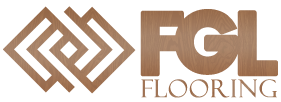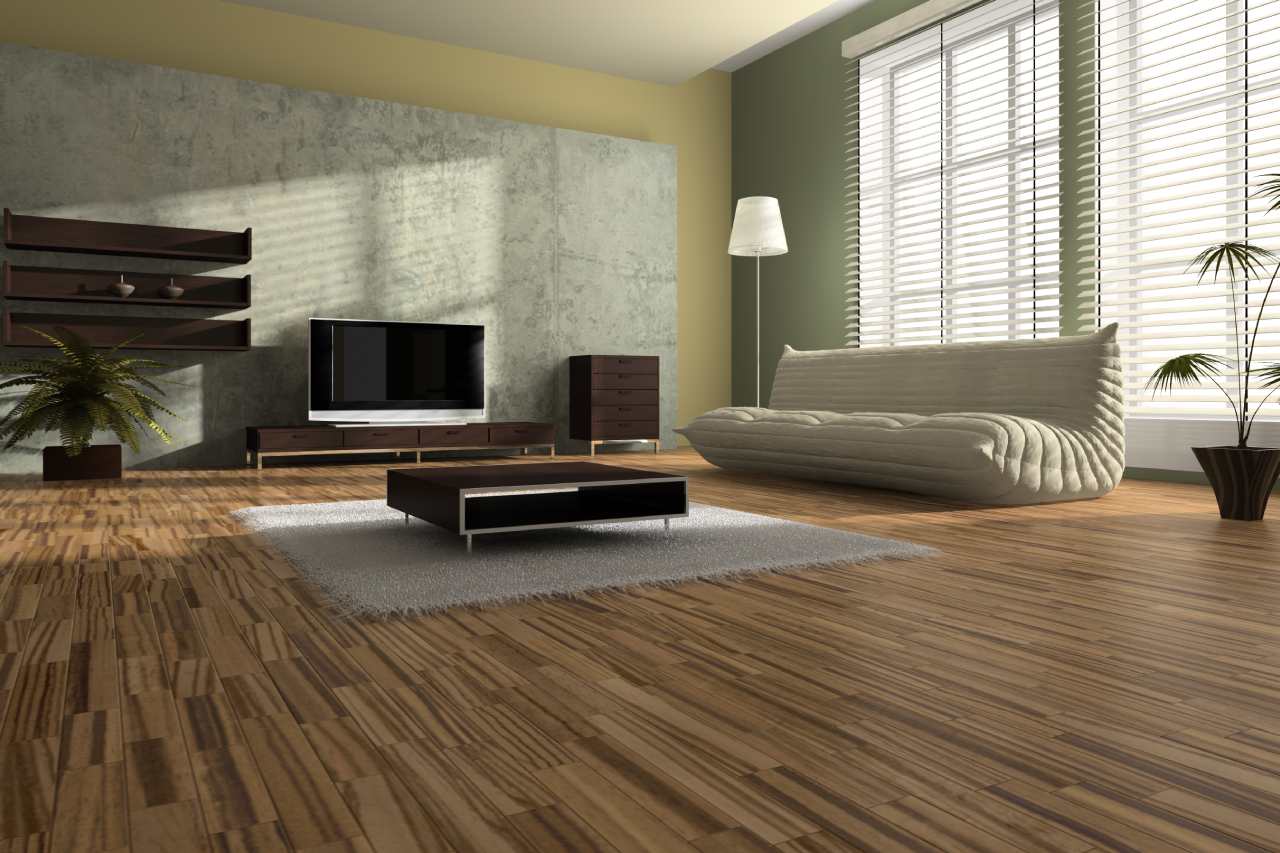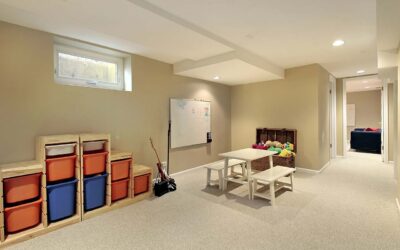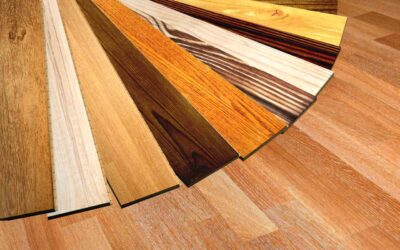There are many reasons homeowners love hardwood floors. With proper care and maintenance, hardwood floors bring beauty, warmth, and durability to homes. But the question is, what are the care and maintenance so that they can last a long time?
From installing your floors to care in daily life, we will tell you how you can maximize the useful life of your wooden floors.
Useful Life
Approximately hardwood floors last 25 years. But thanks to the evolved manufacturing methods and the simplified installation systems. A new hardwood floor should last a lifetime.
Choice Of Hardwood
Installation is a crucial factor in determining the useful life of your floor. When deciding which wood to use, consider several durable options and not as prone to scratching or warping. For example, hickory, oak, mahogany, and rosewood are the hardest woods used for flooring. On the other hand, you should avoid softer woods such as pine or fir. These flooring options become clogged more easily and accumulate moisture.
Wood Type: Solid Vs. Engineered
One question we ask ourselves is how long do engineered floors last compared to natural hardwood? If you consider installing engineered wood, you should know it will only last for a short time as natural wood. The higher percentage of solid wood used, the longer it will last. By contrast, engineered wood has the predisposition to decay.
However, going the engineered wood route is a good option. Most people buy engineered wood flooring for its price. These thin planks of wood last approximately 20-30 years. With good maintenance and care, they can last much longer.
Priming Your Subfloor
It should be taken into account at the time of installation, review the irregularities that can cause a poor-quality finish. Make sure the subfloor is level, dry, and free from damage.
If your floor is uneven, what you can do is screw down any loose parts and sand down any loose parts with a power sander, trowel, or some leveling compound. When your subfloor is ready, it will be time for a proper installation.
Basic Care
After a successful installation, it’s time to consider your floor care to ensure the longevity of your hardwood floor. Clean your floors regularly by sweeping or vacuuming in the highest traffic areas. Limit the number of times you mop a week. Only once is recommended, and avoid using too much water. A damp mop is better for your floor than a soaked mop.
Stay away from alkaline cleaners. It can make your floors dull and vulnerable to scratches. Instead, consider a floor cleaner recommended by the wood supplier, or for a solution, you can mix water with white vinegar.
Investment Return
When your flooring is installed correctly, it can return homeowners a significant investment. Depending on the layout of your home, the type of wood, and the overall value of your property, it could increase your sales price by 2.5%.
Hardwood floors are a huge plus and a must-have for home buyers.




0 Comments